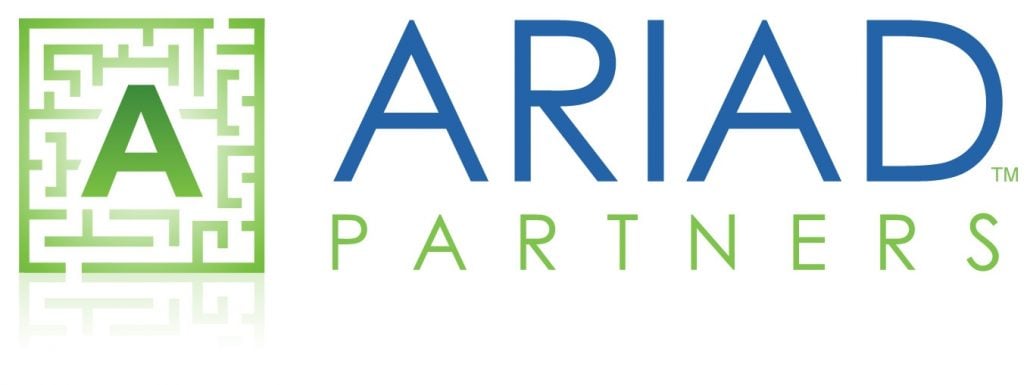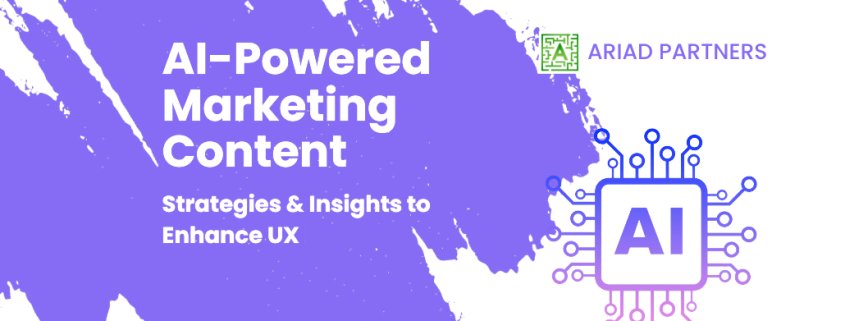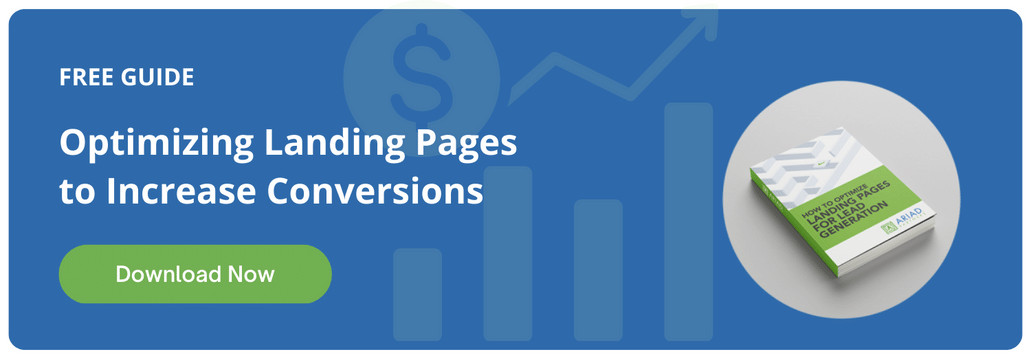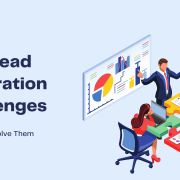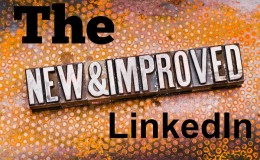Leveraging AI Marketing Content
AI Marketing Content is the buzzword of the day, promising innovative ways to amplify your content strategies. Influencer Marketing Hub reports that 44.4% of marketers have used AI for content production; however, Mailchimp reports that 50% believe inadequate AI adoption is holding them back from achieving their goals. Leveraging AI Marketing Content is crucial, but the key to success is comprehending the correct methods for its utilization and implementation. Let’s explore how AI can help boost your content strategies, how you can use that information to optimize your marketing campaigns, and tools to leverage AI for marketing efficiently and effectively.
AI-Powered Personalized Content Recommendations:
Inbound marketing is a powerful approach that focuses on creating valuable and engaging content that attracts and engages potential customers or clients. Inbound marketing aims to provide helpful and relevant information that draws people in and keeps them engaged, ultimately leading to a purchase or other desired action. Here, personalized content recommendations take center stage. AI algorithms now offer marketers invaluable insights into audience behavior and preferences, enabling the delivery of tailored content recommendations that keep your audience engaged with relevant content that converts.
Use Personalized Content Recommendations to:
- Implement AI-Driven Recommendation Systems: To put this into practice, you can start by implementing AI-driven recommendation systems on your website or content platform. These systems analyze user behavior and preferences to suggest related articles, products, or content the user is likely interested in.
- Collect and Analyze User Data: To enable AI algorithms to provide personalized recommendations, you must collect and analyze user data. This data could include pages they visit, how long they stay, the content types they engage with, and any explicit preferences they provide. Use this data to train your AI algorithms to make accurate recommendations.
- A/B Testing: Implement A/B testing to assess the effectiveness of AI-driven recommendations. Create two versions of your content: one with AI recommendations and one without. Analyze user engagement metrics like click-through rates, time spent on the site, and conversion rates to measure the impact.
- Measure Engagement and Conversions: Track key performance indicators (KPIs) such as click-through rates, bounce rates, time on page, and conversion rates to assess the effectiveness of your AI-driven content recommendations. KPI tracking will help you understand how well your strategy engages your audience and drives desired actions.
- Iterate and Optimize: Over time, iterate on your content recommendations and audience segmentation based on the data and insights you gather. Optimization is an ongoing process to align your content strategy with your audience’s changing preferences.
AI-Driven Content Generation and Curation:
With advanced natural language processing, AI can assist in crafting high-quality articles, blog posts, and social media content. This streamlines content creation, allowing your team to focus on the more strategic elements of your content strategy.
- AI Marketing Content Generation: Input a topic or brief; the AI will generate coherent, readable content to serve as a starting point for your writing.
- Content Suggestions: AI tools can provide suggestions to improve the structure and flow of your content. They can recommend headings, subheadings, and bullet points, making your content more organized and reader-friendly.
- Multilingual Content Creation: AI can translate and create content in multiple languages; however, expert website localization is recommended when creating multilingual adaptations of your content to ensure language and culture are considered, helping you reach a broader international audience.
AI SEO Optimization:
AI has become a game-changer for Search Engine Optimization. AI can analyze search trends, assess keyword competitiveness, and understand user intent, making it a powerful tool for crafting SEO-optimized AI Marketing Content that ranks higher in search results.
Content Distribution & Social Media Management:
Take the guesswork out of content distribution and social media management with AI. Machine learning algorithms enable precise scheduling, engagement analysis, and targeted demographic reach, making your content strategy more data-driven.
Tips to get started:
- Choose the Right AI Tools and Platforms: Start by selecting AI-powered marketing and analytics tools that offer features for content scheduling, engagement analysis, and audience targeting. Popular platforms include HubSpot, Hootsuite, and Google Analytics.
- Data Collection and Integration: Integrate your AI tools with relevant data sources, including your website, social media platforms, email marketing tools, and customer relationship management (CRM) system, to enable access to data to make data-driven decisions.
- Define Your Target Audience: Use your AI tools to segment your target audience based on demographics, behavior, interests, and other relevant factors. The more specific your audience segments, the more precise your content strategy can be.
- Content Scheduling: Utilize AI to determine the best times to schedule content publication. AI algorithms analyze historical data and user behavior to identify peak engagement times. It can also suggest optimal posting schedules for different social media platforms.
A/B Testing & Performance Analytics with AI:
AI is indispensable for optimizing your content. Conduct A/B tests on elements like headlines, images, and calls to action and obtain detailed performance analytics. These insights empower you to make real-time adjustments for improved conversion rates and ROI.
SaaS Tools like Evolv AI use artificial intelligence to improve experimentation’s ROI by increasing test velocity and win rate without increasing manual resources dedicated to optimization. Thus, businesses can quickly evaluate many designs without the manual effort and low win rate of running a series of sequential A/B tests.
Enhanced User Experience with AI:
AI is elevating the user experience by providing seamless engagement on your website. AI-driven chatbots can engage visitors, answer queries, and guide them through your AI Marketing Content, resulting in higher satisfaction and retention rates. Tools like Talk Desk and Pendo focus on UX and are helping businesses exceed customer expectations with the help of AI.
Understanding Generative vs. Predictive AI:
Two distinct branches of machine learning, Generative AI and Predictive AI, each with a unique purpose and characteristics:
Generative AI:
Primarily centered on the creation of content, be it text, images, audio, or video, without direct human input, generative AI excels at crafting and organizing content and ideas.
Examples include GPT-3, renowned for text generation, and DALL-E, famed for its image generation capabilities. Each can generate human-like text or visualize images based on the user’s textual descriptions (prompts).
Generative AI finds applications in creative endeavors, content generation, and artistic pursuits and even extends to practical tasks such as generating code or conceptualizing innovative product designs. Its primary function revolves around creating content using patterns and knowledge learned from data rather than predicting future events or trends.
Predictive AI:
On the other hand, Predictive AI is engineered to forecast future events, trends, or outcomes by analyzing historical data and discerning patterns. Unlike generative AI, it doesn’t generate entirely new content but anticipates what may transpire. Predictive AI encompasses a wide array of machine learning algorithms, time series forecasting models, and various statistical techniques employed in fields as diverse as finance, healthcare, meteorology, and marketing.
Products like DragonflyAI and Neurons hinge on mining historical data to uncover trends, correlations, and patterns harnessed to make educated predictions concerning forthcoming data points or outcomes. The overarching aim of predictive AI is to furnish insights that empower decision-making and enable organizations to chart a course for the future.
AI Content Marketing
As we venture into 2025, AI Marketing Content takes center stage in enhancing content strategies. From personalization and content creation to SEO optimization, distribution, A/B testing, user experience, trend prediction, and content security, AI empowers content creators and SEO experts to craft data-driven, engaging, and impactful content. Embrace AI-powered solutions to lead the way in the ever-evolving digital marketing landscape and drive your AI Marketing Content strategy to new heights.
Looking for more ways to drive leads and increase ROI – Grab your free copy of our ebook and learn how to optimize landing pages to convert more of your website visitors into leads!
